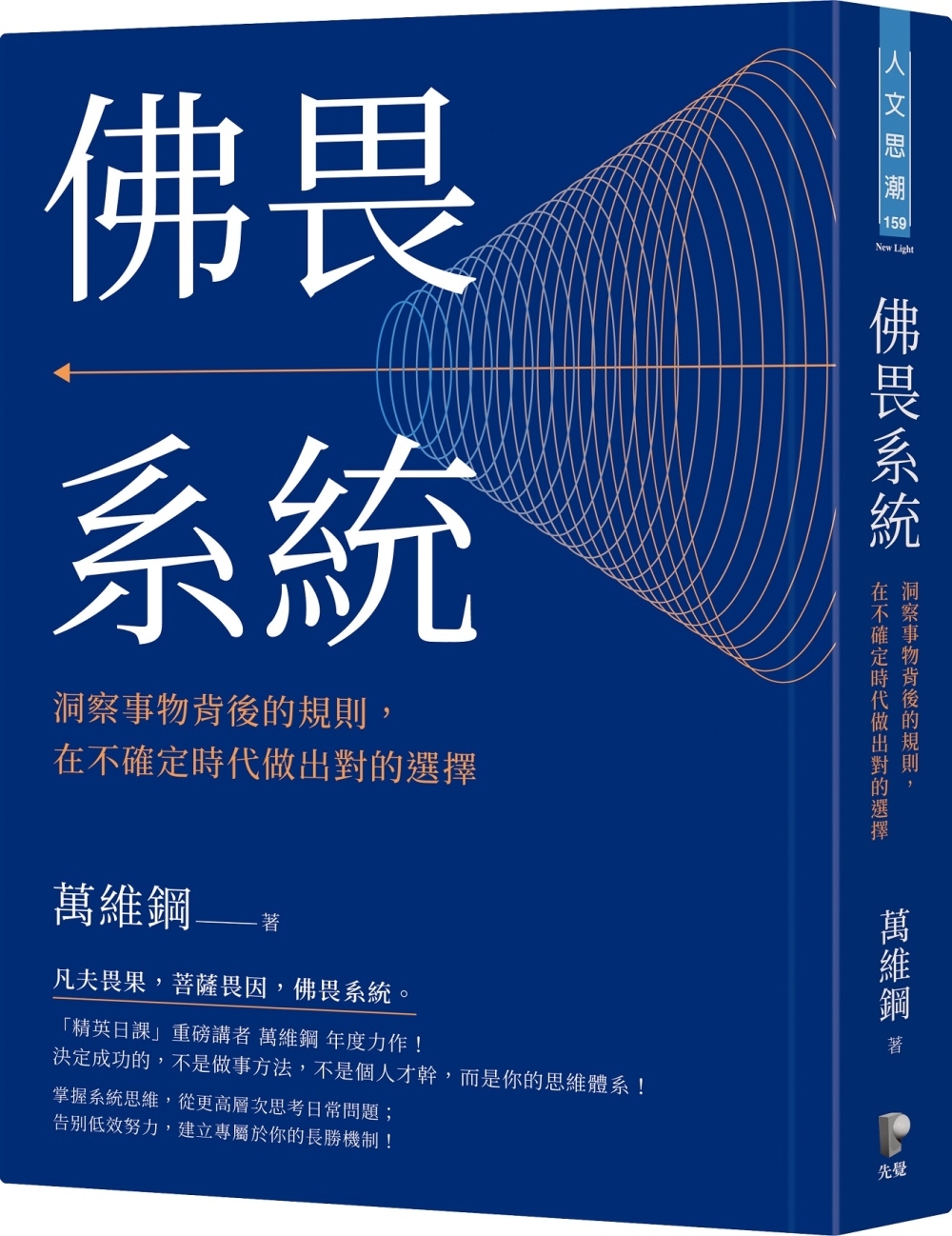The implementation of the United Nations Sustainable Development Goals (UNSDGs or SDGs) is often discussed in terms of governmental policy or the contributions by global, multinational organisations, but what role does the informal economy have to play in SDG implementation?
The chapters collected here by a range of scholars explore this question in detail; exploring the ideas, interventions and challenges faced by the informal sector in contributing to the SDGs. With a wide range of chapters encompassing diverse topics such as food security, financial inclusion, waste management, gender disparity, and the impact of digital transformation, Informal Economy and Sustainable Development Goals offers a comprehensive exploration of the informal sector’s role in various contexts and its potential for contributing to sustainable development.
By examining case studies and presenting empirical evidence based on both qualitative and quantitative assessment, the contributors shed light on the challenges faced by informal workers and the interventions needed to address these challenges. Informal Economy and Sustainable Development Goals appeals to a range of readers such as researchers, policymakers, and practitioners seeking to understand and address the complex dynamics of informal economies and their alignment with sustainable development goals.












